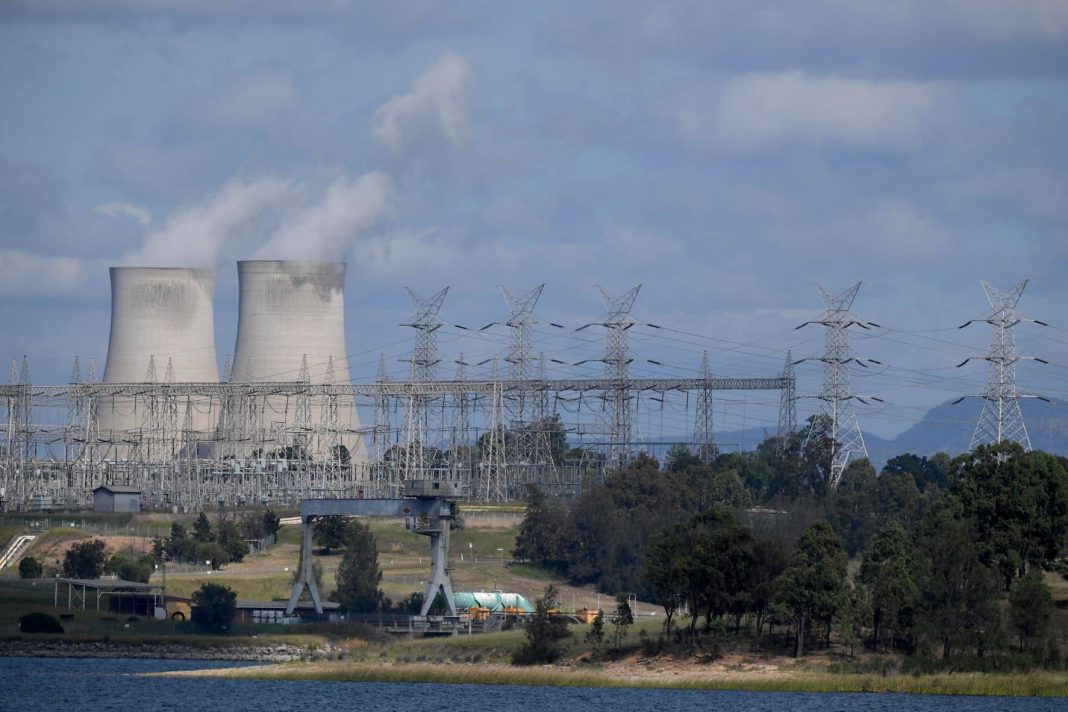Australia is facing intensified pressure to drastically boost its climate commitments as the world hurtles towards 1.5C of warming by early next decade.
The United Nations’ Intergovernmental Panel on Climate Change has delivered a reality check about what society is doing to itself.
The most comprehensive climate report card to date puts global warming on track to hit 1.5C above pre-industrial levels in the early 2030s.
Rapid, deep and sustained greenhouse gas emission cuts are needed now if warming is to be limited to 1.5C or even 2C.
Under the worst-case scenario modelled, global warming would reach 1.6C by 2040 and likely 4.4C by the end of the century.
The UN’s Environment Programme executive director Inger Andersen says the world has failed to heed decades of warnings.
“The world listened, but didn’t hear. The world listened, but it did not act strongly enough,” she told the global launch of the IPCC’s sixth assessment on Monday night.
“And as a result, climate change is a problem that is here, now. Nobody’s safe and it’s getting worse faster.”
The Australian government was urged by the Greens to double or triple existing 2030 climate targets.
Greens leader Adam Bandt labelled the failure to be more ambitious as criminal negligence.
Labor’s climate change spokesman Chris Bowen accused the government of shrugging its shoulders and failing to agree on the most minimal action.
Energy and Emissions Reduction Minister Angus Taylor reiterated the government’s desire to reach net zero emissions as quickly as possible, preferably by 2050.
He said overcoming the challenges of climate change was a shared responsibility.
The minister pointed to investments in low-emissions technologies and the uptake of business and household solar power.
He also emphasised earlier figures showing Australia’s climate position had improved by 639 million tonnes since 2018 and flagged updated forecasts ahead of the climate talks scheduled for November in Glasgow.
“When it comes to emissions reduction, our record is one of delivery and achievement that Australians can be proud of,” Mr Taylor said.
The IPCC’s latest temperature check galvanised calls by rights groups, charities and unions for greater action.
Global emissions reduction pledges, should they come to pass, equated to about 2.1C of warming.
This wasn’t enough to avoid food production loss, worsening heat extremes and fires, continued sea level rise, and potential refugee crises.
Monash University planetary health expert Tony Capon wanted climate change treated as urgently as the COVID-19 pandemic.
“Climate change is a health issue too and the devastating Black Summer bushfires made that clear, similarly the bushfires in California and Greece,” he said.
AAP
Read more:



